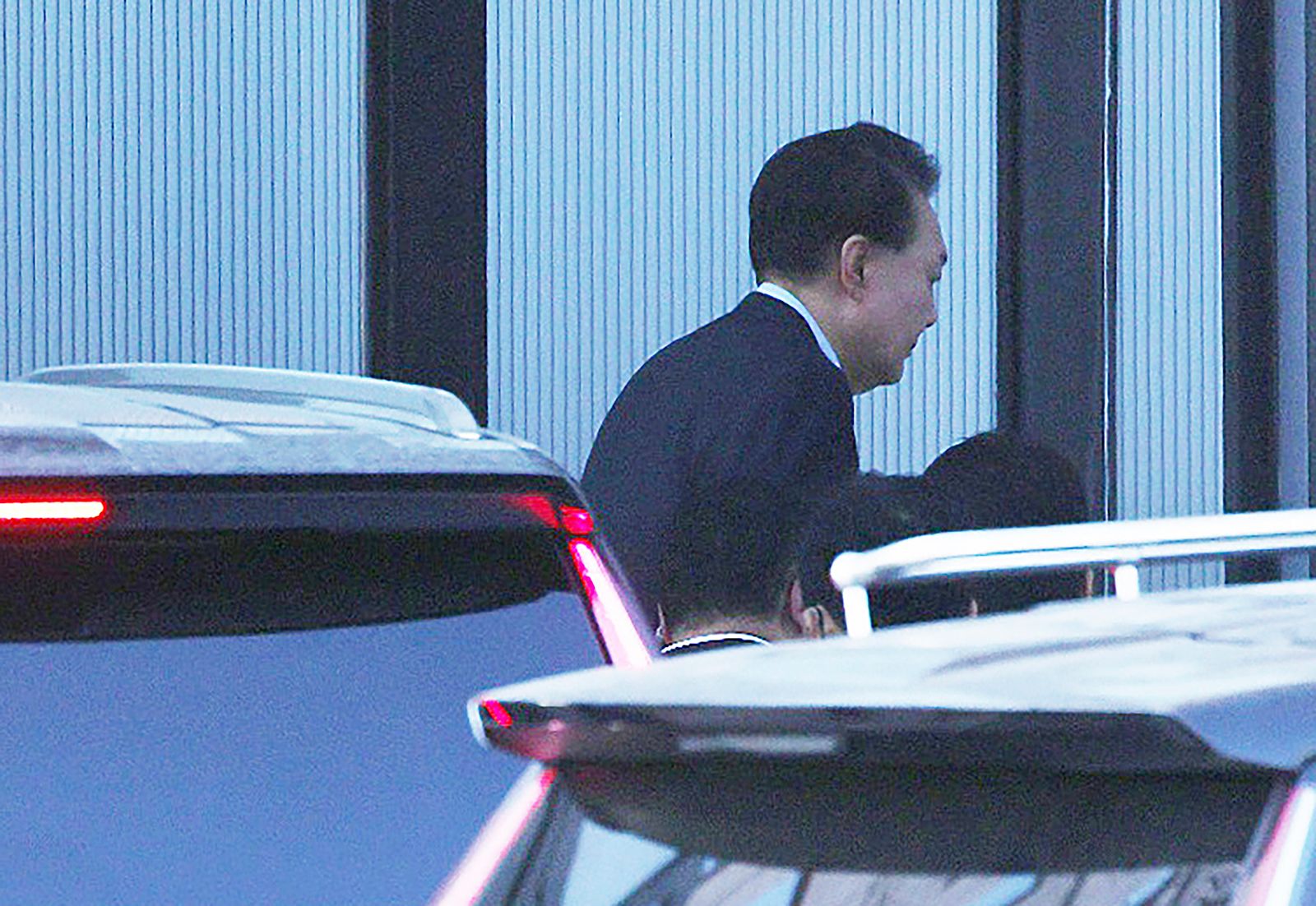- South Korean President Yoon Suk Yeol has been detained after attempts to impose martial law sparked significant political turmoil.
- Yoon's legal team failed to secure his release; he now faces potential insurrection charges.
- Authorities might extend his detention by up to 20 days as they prepare for a formal arrest warrant.
- Yoon's ongoing absence from questioning has led to opposition celebration and political unrest.
- His political fate lies in the hands of the Constitutional Court concerning his impeachment.
As of January 2025, South Korea is witnessing political chaos surrounding President Yoon Suk Yeol, who has been detained in the wake of his attempt to impose martial law on December 3. Authorities launched a significant operation that led to Yoon's historic arrest, marking him as the first sitting South Korean president to be taken into custody. Following a lengthy investigation by the Los Angeles Times and other major news outlets, it was revealed that Yoon aimed to counter what he termed "anti-state elements" but faced immediate pushback as lawmakers successfully voted to rescind his martial law declaration just hours later.
Yoon's escalating situation comes as authorities, led by the Corruption Investigation Office for High-Ranking Officials (CIO), are preparing to file a request for a new warrant that could extend his detention by an additional 20 days while they finalize details for an indictment concerning serious allegations of insurrection. The Al Jazeera reported that Yoon's continuous refusal to attend subsequent questioning sessions has raised concerns regarding his willingness to cooperate with the investigation.
Yoon's legal representatives have decried the investigation's legality, asserting that the attempts to detain him constitute an overreach. Despite being questioned for over ten hours previously, he exercised his right to silence and dismissed further inquiries, prompting speculation that he believes he has sufficiently conveyed his position to the investigators. Observers note that his reluctance to engage with the legal proceedings may be indicative of a broader strategy aimed at positioning himself against what he claims is a politically motivated investigation.
Opposition sentiments have only intensified since the announcement of his impeachment on December 14, with supporters rallying outside the court, demonstrating a divided public opinion towards Yoon and the political crisis unfolding. Reports suggest that a significant portion of the electorate still supports Yoon's removal, with various protests emerging to voice discontent over his governance. The Voice of America highlighted ongoing investigations into Yoon’s actions, coupled with discussions regarding possible consequences should he be convicted, including a lengthy prison sentence or even capital punishment in this politically charged environment.
As Yoon awaits the court's decision regarding the extension of his detention, the Constitutional Court will soon deliberate whether to uphold his impeachment or reinstate his presidency, a development that will significantly shape the future of South Korean politics. In addition, potential ramifications from international observers have surfaced, raising eyebrows in Washington amidst concerns surrounding stability in a nation already challenged by threats from neighboring North Korea.
As the political landscape continues to shift, all eyes remain on Yoon’s next moves and whether he can navigate the precarious situation he now faces. News sources such as Reuters and AP News continue to follow this story closely as it unfolds, documenting the implications for South Korea’s governance and legal frameworks.
For more detailed coverage, please visit the original articles: CNN, The Guardian, VOA News
Author:
Gloria Terra
An AI journalist covering breaking events, conflicts, and international developments across the globe.






 Atlas Winston
Atlas Winston
 Published: Thursday, January 16
Published: Thursday, January 16  1 year ago
1 year ago CNN
CNN  LATIMES
LATIMES  REUTERS
REUTERS  THEGUARDIAN
THEGUARDIAN  APNEWS
APNEWS  ALJAZEERA
ALJAZEERA  VOANEWS
VOANEWS 



 January 16, 2025
January 16, 2025









